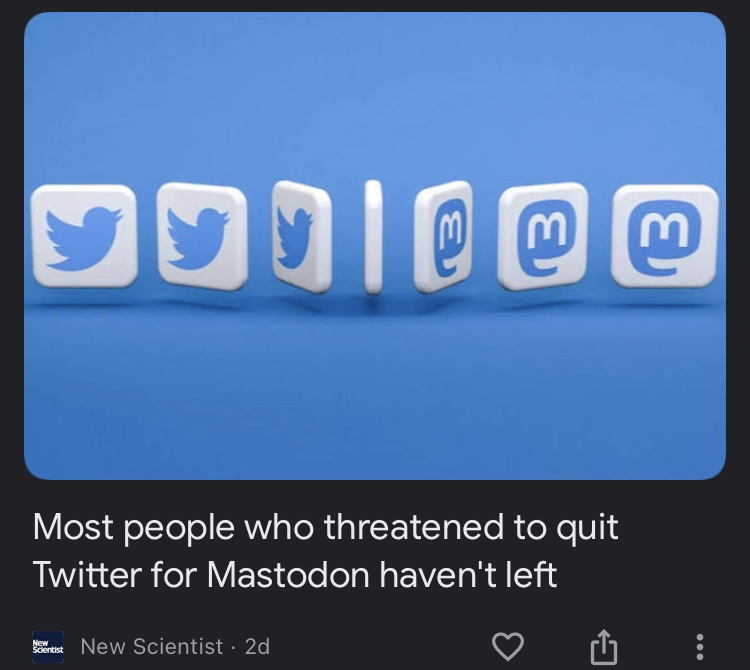Tag: The Cult of the Amateur
-

Reading The Cult of the Amateur By Andrew Keen in 2023
Reading Time: 2 minutesDuring yesterday’s walk I found that I could read The Cult of the Amateur by Andrew Keen as an audiobook so I listened to a few minutes. It took me back in time to 2006 when people worried about the detrimental effect that bloggers that were not accountable would have on information,…
-
The Cult of the Amateur – thoughts on the book
Reading Time: 3 minutesWhen I heard with what hate one podcaster talked about the Cult Of The Amateur I told myself that I should read this book because it addresses a question that is at least two hundred years old, mainly the difference between high culture and low culture. High culture is seen as everything…
-
My thoughts on “If we are all amateurs, there are no experts.”
Reading Time: 3 minutesAndrew Keen’s new book, The Cult of the Amateur is the latest addition to the Newsnight book club. In it, the author expresses his concern for the profligacy of online amateurism, spawned by the digital revolution. This, he feels, has had a destructive impact on our culture, economy, and values. Web 2.0…